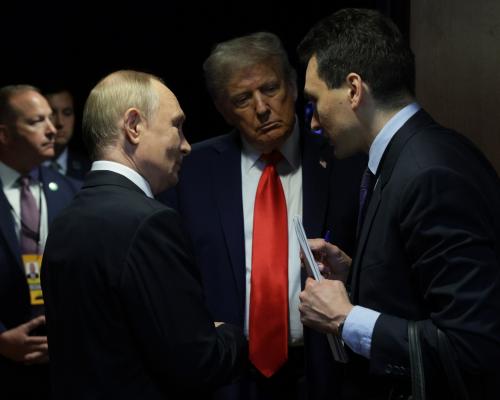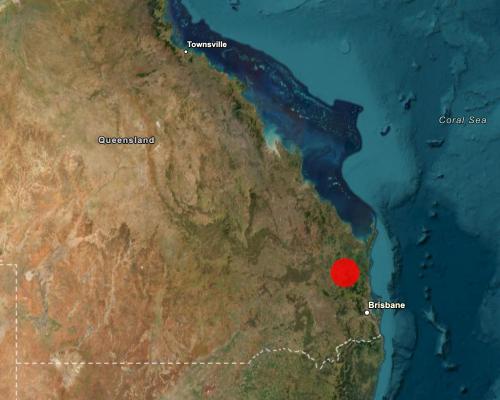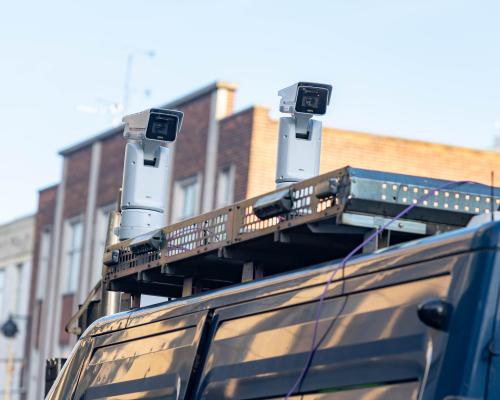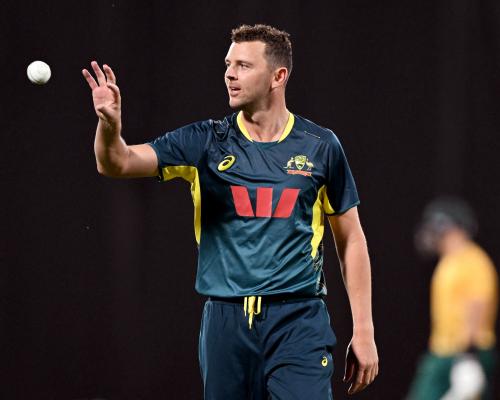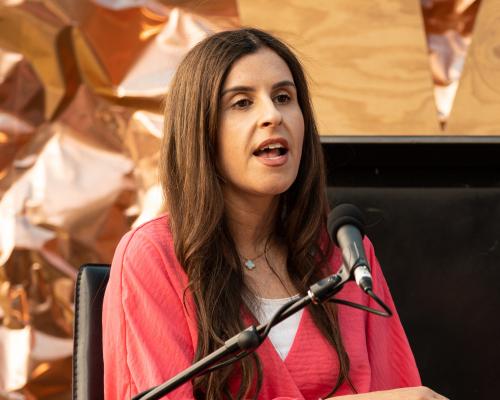
A number of authors and academics have withdrawn from this weekend’s Bendigo Writers festival over a speaker code that one says requires “complete self-censorship” over Israel’s war in Gaza.
Academic and author Dr Randa Abdel-Fattah, First Nations poet Dr Evelyn Araluen and Wiradjuri writer and poet Jeanine Leane are among those who have withdrawn from the festival over the code.
Prof Clare Wright, a guest curator at the festival and Latrobe University academic, has also withdrawn for personal and professional reasons which include the code, a source told Guardian Australia.
Author Kate Mildenhall, who was due to moderate a festival session, said she was not sent the code of conduct but has since become aware of it.
“In solidarity with the other writers who are withdrawing and also because of my own personal beliefs about the ideas of censorship I felt I was unable to continue with my participation in the writers festival,” she said.
The festival’s code, viewed by Guardian Australia, says speakers should uphold respectful engagements which involves avoiding language or topics that “could be considered inflammatory, divisive, or disrespectful”. A source told Guardian Australia Bendigo Writers festival (BWF) sent some speakers the code of conduct on Wednesday – two days before the opening day.
The code says that for “La Trobe Presents panels”, speakers must comply with the principles espoused in La Trobe University’s Anti-Racism Plan, including the plan’s definitions of antisemitism and Islamophobia.
Dr Abdel-Fattah, a Macquarie University academic, said she could not appear at the festival “as a Palestinian”.
“The actual wording of [the speaker code and La Trobe policy] requires me to engage in complete self-censorship, so, such as a profound act of gaslighting,” she said.
La Trobe’s 2025-2030 plan adopts University Australia’s antisemitism definition.
The adoption of a sector-wide definition earlier this year emerged as a key recommendation of a report on antisemitism on Australian university campuses, which found there was an “urgent need for reform” to ensure the safety of Jewish students and staff.
The definition states that antisemitism is: “discrimination, prejudice, harassment, exclusion, vilification, intimidation or violence that impedes Jews’ ability to participate as equals in educational, political, religious, cultural, economic or social life”.
It states that criticism of the policies and practices of the Israeli government or state is “not in and of itself antisemitic” but further reads: “Criticism of Israel can be antisemitic when it is grounded in harmful tropes, stereotypes or assumptions and when it calls for the elimination of the State of Israel or all Jews or when it holds Jewish individuals or communities responsible for Israel’s actions …”
Some academics at Australian universities have warned the definition could have a “chilling” effect and limit the scope of what can be taught on the Middle East.
Abdel-Fattah said La Trobe’s anti-racism plan makes no mention of anti-Palestinian racism. It includes a definition of Islamophobia – discrimination that may be racial, religious or cultural in nature and is defined as an irrational fear, hatred or prejudice of Islam, Muslims, Islamic traditions and practices, and those who appear to be Muslim.
Abdel-Fattah said her new novel, Discipline, is centred on the story of a Palestinian author and journalist.
“The book is all about how their voices are repressed and censored and how their voices are managed through the language of policies, through the language of civility and politeness and not offending others,” she said.
La Trobe University is one of the festival’s partners. Wright was a guest curator of the festival’s “La Trobe Presents panels”.
Araluen, a Goorie and Koori poet, said she hoped audiences would reconsider whether they wanted to attend a festival that has made it impossible for people to speak openly about their work, experiences or perspectives.
“It’s really important to make sure that the art sector is not divorced from law and from policy and from morality,” she said.
“You can’t place this form of censorship on artists and writers when we’re being told to discuss things like First Nations, languages and the history of political representation of Aboriginal people, as is the event that I was programmed to speak on.”
The programme of the two-day festival in regional Victoria says it includes events featuring 80 writers and speakers.
The Bendigo Writers festival and La Trobe University have been contacted for comment.


